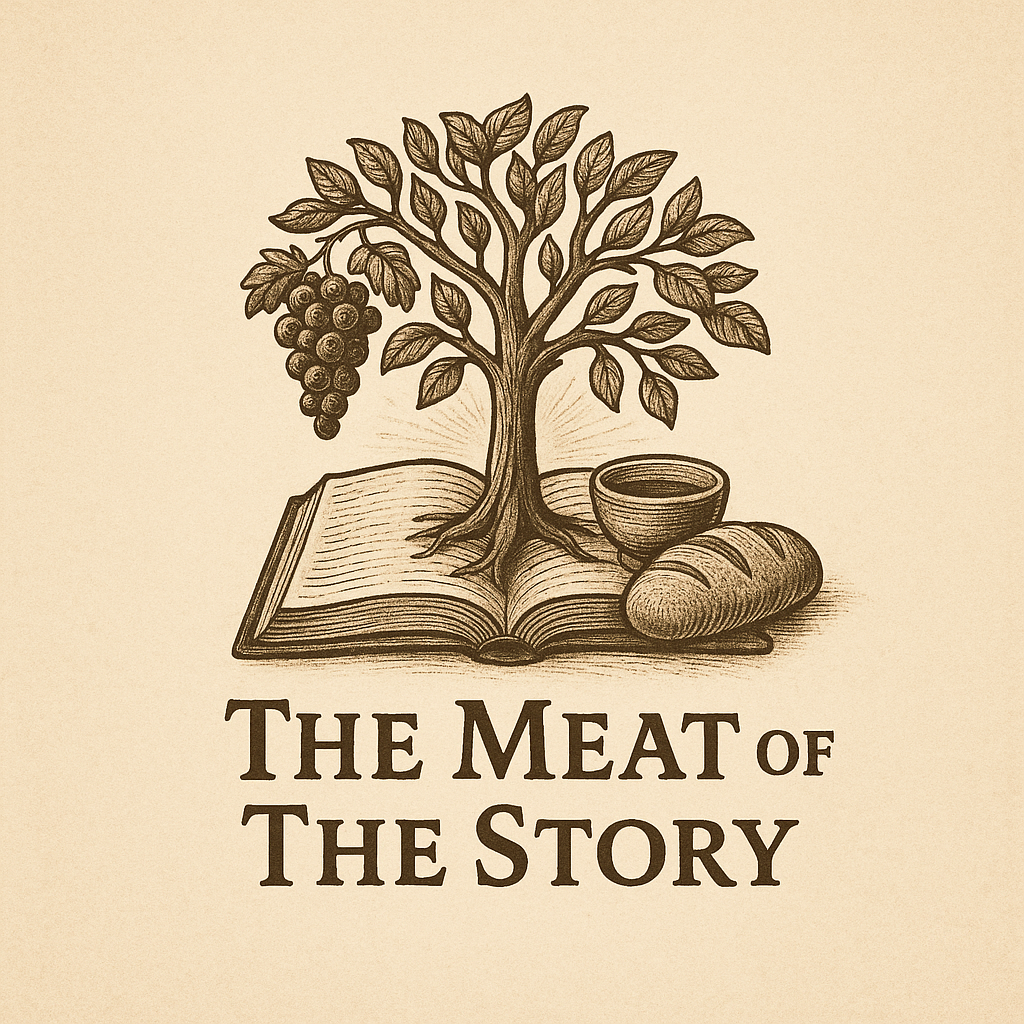
Following Yeshua: Radical Devotion Above All
Yeshua’s call to leave everything behind to follow Him, is among the most radical and profoundly challenging teachings in Scripture. In Luke 18:29-30, Peter asks: “Rabbi, we have left our homes, our wives, our brothers, our parents, and our children for your sake.” Yeshua responds: “Truly I tell you, no one who has left house, wife, brothers, parents, or children for the sake of the kingdom of God will fail to receive many times as much in this age, and in the age to come eternal life.”
At first glance, such a call may appear harsh, even uncompassionate. How could Yeshua, who teaches perfect love, instruct us to put Him above family and home? Yet this teaching reveals a profound spiritual principle: discipleship requires that our devotion to Yeshua surpass all other loyalties. Our covenantal relationship with Him, the One who is the Emet (אֱמֶת, Truth) and YHVH Elohim, must become the foundation of every earthly and relational attachment.
The Weight of Leaving
When Yeshua speaks of leaving “house, wife, brothers, parents, and children,” He is addressing what, in first-century Jewish society, constituted the entirety of a person’s identity and security. In Aramaic, the word used for house, bētā (בֵּיתָא), carries not only the idea of a physical dwelling but also the household, the center of familial continuity and social identity. Similarly, ḥawwah (חָוָה) in Hebrew, used for “life” or relational sustenance, shows that family is the emotional and spiritual anchor of human existence. Yeshua calls us to place Him at the center, making Him the axis of our identity.
The Greek phrase in Luke 18, pleon echōn (πλεον ἔχων), “having more,” conveys abundance beyond measure. The gematria of οἰκία (oikia, house) is 346 in isopsephy (greek assignment of numbers to letters), symbolically connected to sustenance, provision, and divine blessing. Leaving the house for the kingdom does not remove blessing; it redirects it toward eternal fruitfulness.
Love Beyond Natural Bonds
In Matthew 10:37, Yeshua says: “Whoever loves father or mother more than Me is not worthy of Me; and whoever loves son or daughter more than Me is not worthy of Me.” Here, the Greek verb agapáō (ἀγαπάω) is used, selfless, covenantal love, not mere affection. Yeshua is not advocating rejection of family; He is revealing the hierarchy of love that God’s kingdom requires. Devotion to the King reorders our loves.
The number 37, recurring in Matthew 10:37, has gematria significance in Hebrew as yad (יד, hand) + aleph (א, God’s singularity), symbolizing the hand of God guiding His followers. Our allegiance to Yeshua aligns our hands with the work of His kingdom, even when it may seem to conflict with human attachments.
Choosing the Path Wisely
Yeshua’s call does not mandate severing ties out of self-righteousness. It is discerning. If our loved ones’ attachments pull us away from the covenant, our fidelity to the King must take precedence. When family or friends are not yet ready to embrace His path fully, walking alone may be necessary.
Conversely, if they are willing to walk in obedience, the Scriptures call us to welcome them. Discipleship is inclusive for those who embrace covenantal surrender. In Mark 3:35, Yeshua declares: “Whoever does the will of God is my brother, my sister, and my mother.” In Aramaic, ḥavurā (חֲבוּרָא) and ach (אָח) emphasize spiritual fellowship, showing that the true family in God is defined by obedience and covenantal unity, not merely natural lineage.
Pain and Surrender
Following Yeshua inevitably brings moments of misunderstanding and even rejection. Just as Yeshua’s own family once sought to take Him away in Mark 3:21, believers may experience similar tension. Yet this does not negate love; it prioritizes covenantal obedience. Our loyalty to Yeshua is the cornerstone upon which all other relationships are rightly ordered.
Reward for Radical Faith
Yeshua promises extraordinary recompense for such surrender. Leaving home, family, or comfort for His kingdom results in plousios pollaplasios, abundant wealth, multiplied in fellowship, joy, peace, and eternal life. Gematria highlights “life” (chai, חי, 18), a number of divine vitality and covenantal promise, showing that surrender now is an investment in eternity. The blessings span both the age to come (olam haba, עוֹלָם הָבָא) and the present life, offering community, purpose, and spiritual depth.
The Messianic Dimension
Every act of leaving and following prefigures the obedience of Yeshua Himself, the ultimate Meshiach, who left heaven’s glory for our redemption. The Hebrew word for following, lekh l’fanai (לֶךְ לְפָנַי), literally “walk before Me,” mirrors the divine summons to covenantal alignment, to enter into the mission of God’s kingdom. Every disciple is called to participate in this redemptive plan.
Living the Call
Following Yeshua is not a mere theological choice; it is a covenantal, radical act of surrender. We leave, yet we do not abandon love; we prioritize, yet we include when others are ready; we suffer rejection, yet we endure with the assurance of eternal recompense. Our life becomes a witness, a living proof that the kingdom of God outweighs every earthly attachment.
The challenge is profound, the sacrifice real, but the reward is unmeasurable, present and eternal. To follow Yeshua is the ultimate act of faith, love, and surrender, a call that transcends culture, time, and even family bonds.
We all will be strengthened to walk in this radical devotion, trusting that THE King who calls is also The One who fulfills every promise of abundance, protection, and eternal life.
And THAT is…

images by chatgpt at my direction
AMKCH 2022